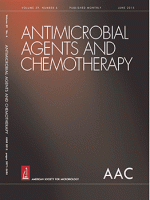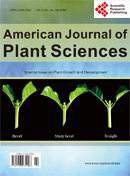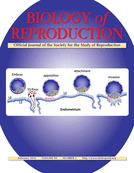
A Parkinson’s researcher pleaded guilty to fraud in court this morning in Brisbane, Australia, and received a two-year suspended sentence.
Court sentences for fraud are rare, to say the least. This one follows an investigation by Bruce Murdoch‘s former employer, the University of Queensland, into 92 papers — resulting in the retraction of three papers co-authored by Caroline Barwood, also facing fraud charges. The investigation was unable to find any evidence that published research cited in court had been ever carried out.
The Australian reported this morning that Murdoch:
Continue reading Neuroscientist pleads guilty in court to fraud, gets two-year suspended sentence








